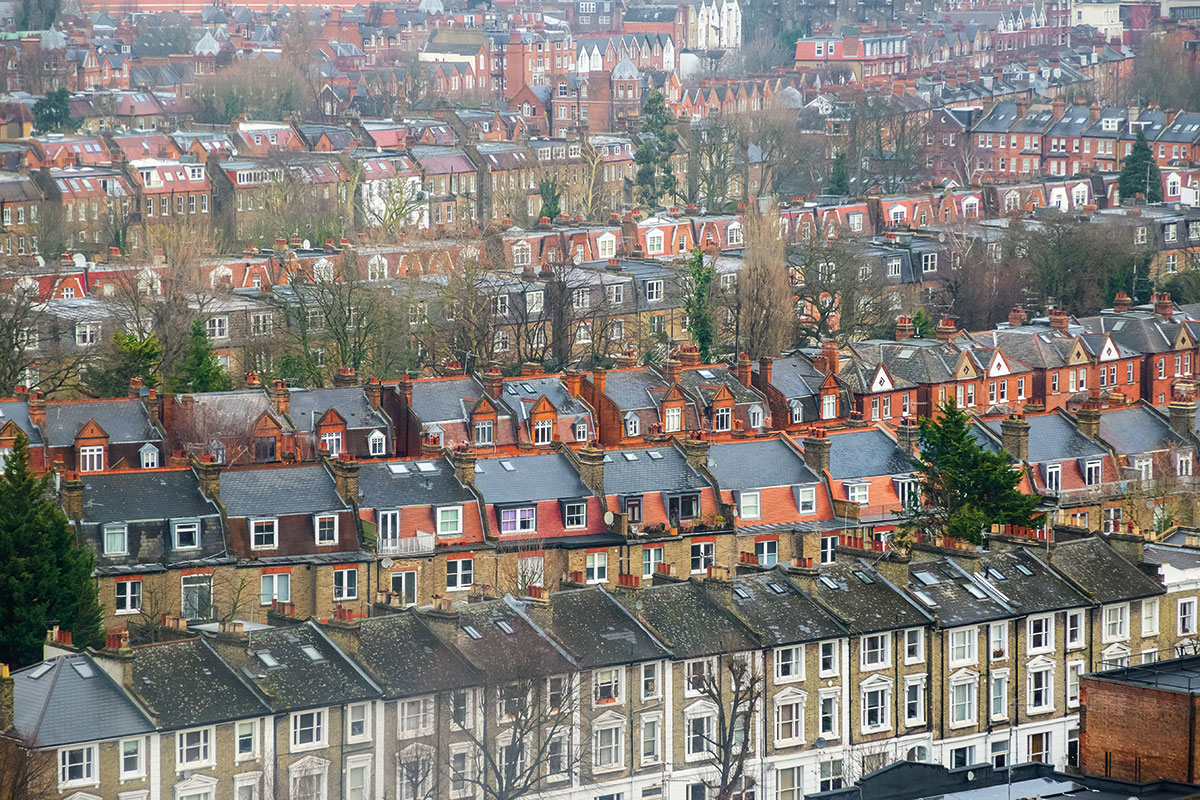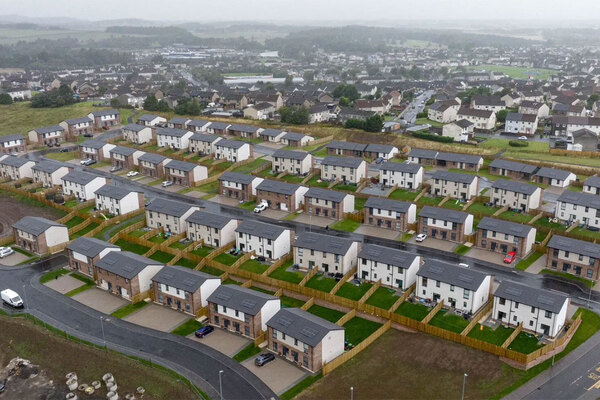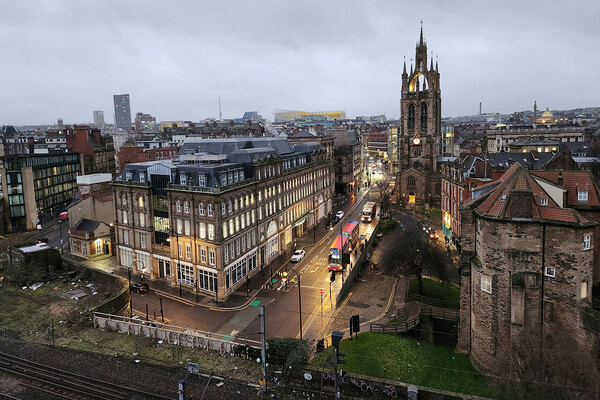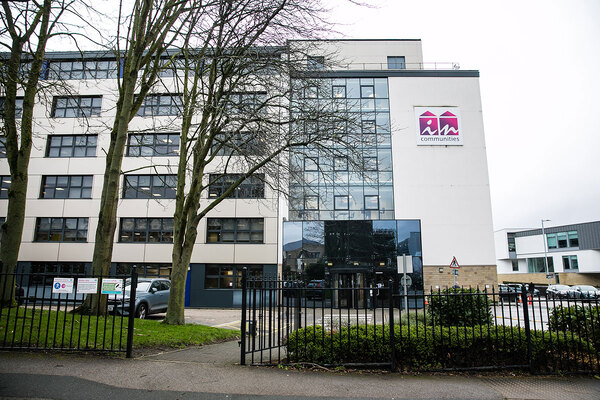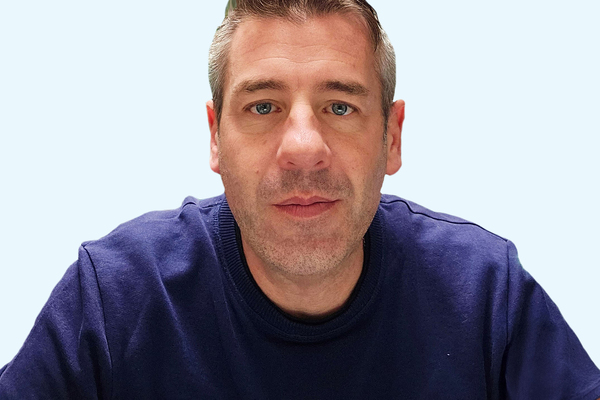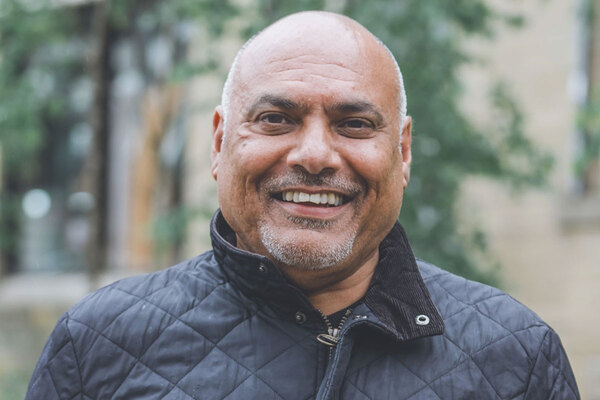You are viewing 1 of your 1 free articles
Hundreds in Housing First programme at ‘serious risk’ of returning to streets if funding stopped
Many people being housed as part of the Housing First pilots are at “serious risk” of returning to rough sleeping if the government does not announce more funding during Wednesday’s Spending Review, those running the programme have said.
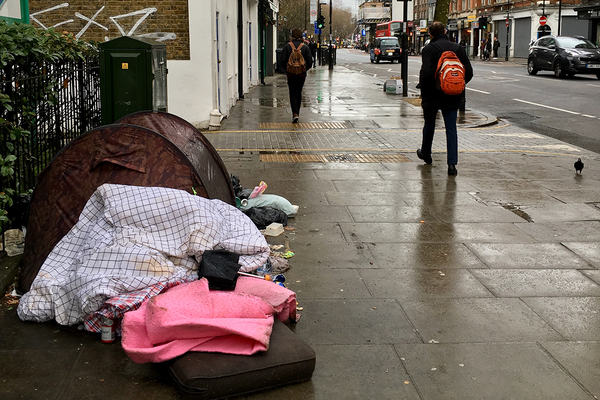
A programme lead for one of the pilot areas said that now is “a very worrying time” for people involved in the scheme, which houses more than 1,000 former rough sleepers, as the government is yet to announce whether funding for the pilots will be extended beyond the end of March next year.
Housing First is a concept that sees rough sleepers moved immediately into permanent housing with wrap-around support, as opposed to the current system that sees people moved through temporary accommodation in order to prove they are ‘tenancy ready’.
Three government-funded Housing First pilots have been running in Greater Manchester, Liverpool and the West Midlands Combined Authority areas since 2018, however funding for the pilots is currently due to run out at the end of this financial year.
“If the funding doesn’t continue, it will have a huge impact on the people on the programme and people have told us they fear they will end up back on the streets, without the on-going support,” said Martine Whitehead, programme lead at Greater Manchester Housing First.
More than 1,200 people are currently being supported in the three pilot areas, more than 1,000 of whom are estimated to need continued support beyond the current lifetime of the pilots, according to figures provided to Inside Housing by charity Homeless Link.
Ms Whitehead said the Manchester pilot is working with local authorities and housing providers to “plan for a possible end date in March”, but said this “will have terrible consequences for people who are on their recovery journey and will increase the serious risk of many returning to rough sleeping”.
Fiona Colley, director of social change at Homeless Link, said a “looming potential cut-off point runs counter to [the] ethos” of Housing First, which provides “stable housing” and “an unconditional offer of support” to people who have often experienced “significant trauma in their past”.
Further funding for the three pilots, as well as scaling up Housing First nationally, should “form the cornerstone” of the government’s plan to end rough sleeping by the end of this parliament, Ms Colley added.
In July, the metro mayors for each of the pilot areas issued a joint statement calling on the government to expand Housing First to become national policy.
A spokesperson for the Department for Levelling Up, Housing, Communities and Local Government said: “Tackling homelessness is a priority for the government and we’re spending £750m this year and expand successful programmes like Housing First.
“Housing First pilots supported over 1,000 of the most vulnerable rough sleepers across 23 councils – with over 860 supported into accommodation – and we will continue to work closely with councils and local partners to end rough sleeping for good.”
Sign up for our homelessness bulletin
Already have an account? Click here to manage your newsletters

